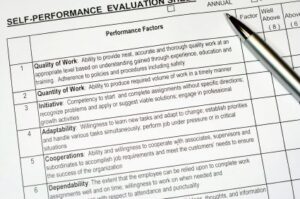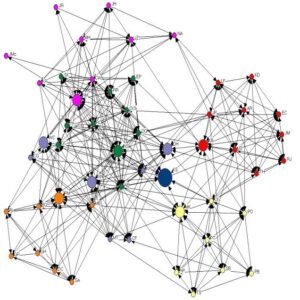Lynda Bourne

Written Articles
There is absolutely no point in communicating with someone if you do not want an effect! The effect you are seeking can vary dramatically; you may want the person to do something, stop doing something, feel happier or more supportive or even feel worried or concerned. The starting point in any effective communication is developing […]
Everyone in business today is buried under an avalanche of data, adding routine reports to the data mountain may no longer be useful! Is it time to bury traditional reports? Project reports originated in the days of typewriters and carbon paper. Information was painstakingly compiled, copy-typed and distributed to inform managers of the situation several […]
Reporting and communicating are not the same! Sending out information has very little to do with effective communication. Unfortunately, many project communication plans are simply a schedule for the distribution of project reports, and whilst this is a potentially useful activity, it contributes very little to the overall success of the project. Communicating effectively with […]
Effective communication between project stakeholders is always difficult and as my last article highlighted, misunderstanding and confusion are easily created. The key to effective communication is clarity created through simplicity. Albert Einstein once said “If you can’t explain it simply, you don’t understand it well enough.” This is particularly true when trying to communicate project […]
Albert Einstein summarized the problem nicely: The major problem in communication is the illusion that it has occurred. Making a noise or sending emails is not communication, communication is a two way process to build a common understanding. Without understanding it is impossible to agree, disagree or resolve anything. Lewis Carroll considered communication in Through […]
The greatest challenge facing project management in the 21st Century is managing the shift from the ‘command and control’ paradigm based in the theories of ‘scientific management’ developed in the early 20th Century to a recognition of the inherent uncertainty and complexity involved in managing every project, and in particular, projects focused on the outputs […]
Given the final draft of ISO 21500, A Guide to Project Management will be voted on by the international community over the next couple of months, my question is does the emergence of an international standard, and the internationalisation of other standards including the dozen or more translations of the PMBOK® Guide mean project management […]
Project success is directly linked to a project manager’s ability to effectively identify and manage stakeholder’s expectations. It’s therefore helpful to understand what makes a stakeholder! These days it seems as if everyone is talking about stakeholders, is a stakeholder, or needs to manage stakeholders. Surprisingly, this has not always been the case. The […]
My last couple of posts have identified a gap in the overall management of projects and programs that is present in most organisations. This ‘Zone’ covers a range of organisational capabilities from the innovation and assessment of ideas that may develop into projects through to achieving the value the project was created to enable; see: […]
- « Previous
- 1
- …
- 4
- 5
- 6








